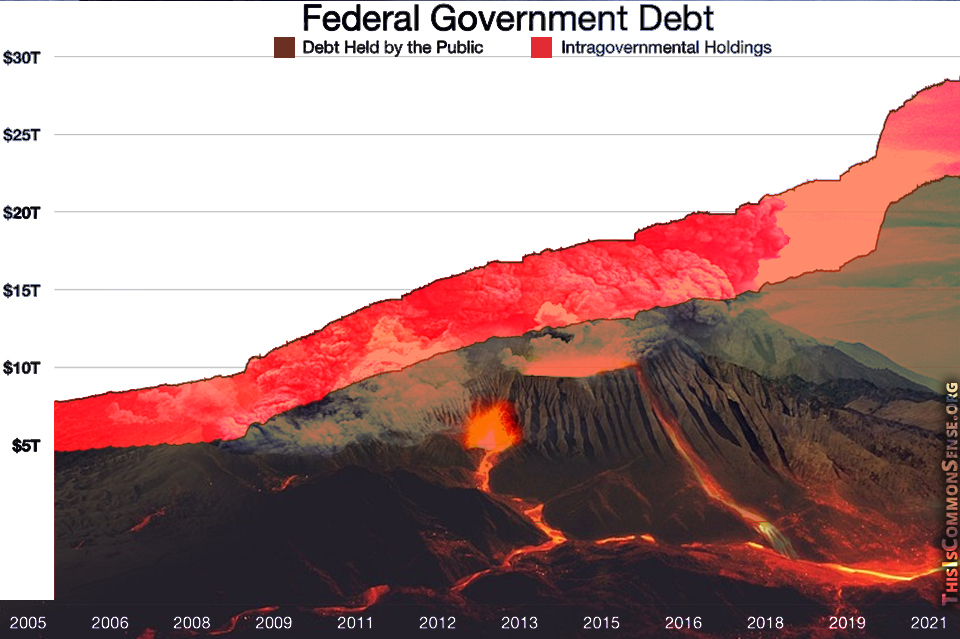The courts have not been kind to President Joe Biden’s unilateral attempt to erase some $200 billion to $500 billion in student-loan debt. (By “erase” I mean force all taxpayers to pay debt incurred by the millions of borrowers eligible for the forgiveness program.)
Last month, a federal judge issued a temporary stay on the program while the litigation plays out.
On November 10, another federal judge, Mark Pittman, ruled that the program is a “complete usurpation” of congressional authority. Per Pittman, the U.S. is “not ruled by an all-powerful executive [but] by a Constitution that provides for three distinct and independent branches of government.”
In consequence, the Biden administration stopped accepting applications for student-loan debt relief. By then more some 26 million borrowers had applied.
On November 14, another federal court also blocked the program. So Biden’s debt-transfer plan is apparently at least thrice bogged down.
Except that another student-loan-debt-erasing thing has been going on since early in the pandemic, a pause on debt payments rationalized by the economic hardship imposed by lockdowns.
This pause was set to lapse at the end of this year, with payments to resume in January. But according to a White House insider “familiar with the matter,” the administration has been making “increasingly firm plans to extend the repayment pause.”
The pause also costs taxpayers money. The original rationale for it no longer exists. Like the mega-debt-relief program, extending the pause would also be unconstitutional.
This subsidy is also unlikely to inspire kindness from the courts.
This is Common Sense. I’m Paul Jacob.
Illustration created with DALL‑E 2
—
See all recent commentary
(simplified and organized)





